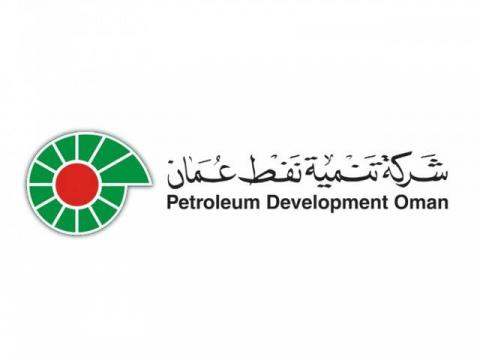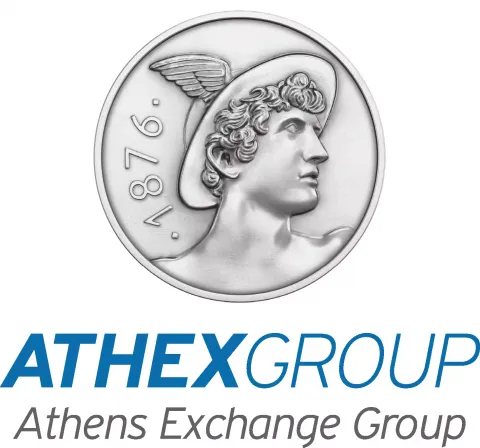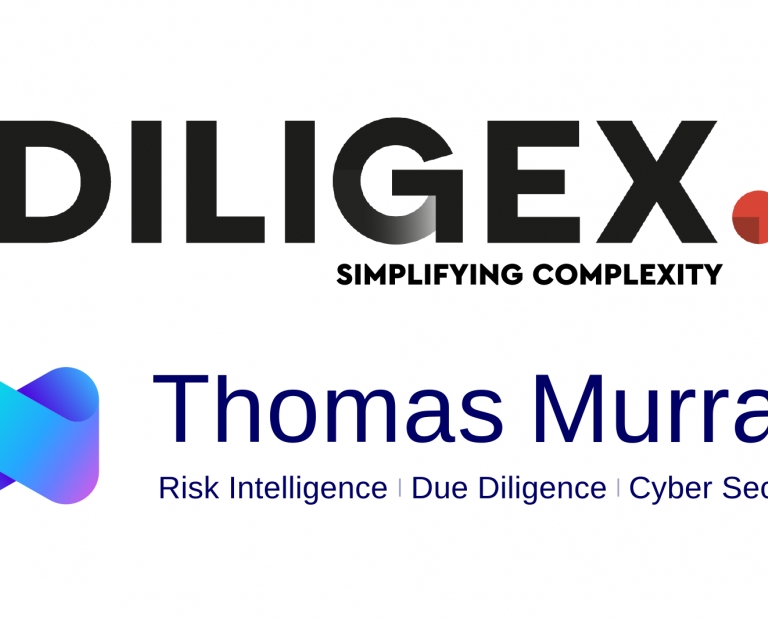Highlights from April 2024
Welcome to the May 2024 update from Thomas Murray’s Risk Committee, covering meetings in April. The Committee meets regularly to assess the health and stability of capital markets, custodian banks, transfer agents, fund platforms and market infrastructures around the world.
To find out more about the Committee's work, and to access the risk grades and scores, please contact us: enquiries@thomasmurray.com
Special report: The UK and the EU move (carefully) towards T+1 settlement
While North America has committed to a tight timeline for the implementation of T+1 settlement, not all markets have followed its lead. In the EU and the UK, especially, a more measured and considered approach has been taken.
Jim Micklethwaite, Panos Kiziris and Morgan Simmonds explain the nuances and complexities being navigated.
ESES markets
The Euroclear Settlement for Euronext Zone Securities (ESES) markets – France, the Netherlands, and Belgium – were up for discussion when the Committee met on 10 April.

France: Proposed legislation aims to increase appeal to the financial sector
Alexander Holroyd, a member of President Emmanuel Macron's party, cited the need to adapt French law to enable companies to secure more financing and enhance Paris’ status as global financial centre as driving the changes.
Official data shows that the French economy experienced a slight acceleration in growth during the first quarter, surpassing expectations. According to statistics agency INSEE, the euro zone's second-largest economy expanded by 0.2%, up from 0.1% growth in the previous quarter.
Given the forecast for average growth had hovered around 0.1%, many economists were surprised by the stronger-than-expected performance.
Netherlands: Greater focus on digitalisation; cash starts to lose its lustre
2024 is a busy year for the Netherlands’ banking sector, with a calendar of regulatory changes and technological advancements. The integration of artificial intelligence (AI), particularly in fintech, will feature prominently. Dutch banks are still grappling with the impact of Credit Suisse's demise in 2023, which has prompted closer scrutiny of banking regulation and liquidity risk management.
As is the case elsewhere in the EU, digital transformation remains a key investment area for the Netherlands’ financial institutions thanks to regulations like the Digital Operational Resilience Act (DORA) and Markets in Crypto-Assets Regulation (MiCAR). Forthcoming regulatory updates such as the Capital Requirements Regulation (CRR) and the Capital Requirements Directive (CRD VI) will also mean significant changes for banking operations and risk management.
Supervisory focus remains on anti-money laundering and combating the financing of terrorism (AML-CFT) regulations, with the Dutch central bank De Nederlandsche Bank (DNB) enforcing heightened compliance and proposing a more risk-based approach.
At a more domestic level, DNB’s research has found an increase in the number of businesses that do not take cash payments. In the retail sector, the 4% of respondents with a “PIN only” policy cite security concerns as their main reason for rejecting cash.
In light of these findings, the European parliament is mulling over creating a policy of cash acceptance requirement for retailers.
Belgium
Despite Brussels’ centrality to the life of the EU, Belgium itself has long been politically dysfunctional (to put it kindly). The years of turmoil seem to be coming to a head, and there are real fears that the country itself may cease to exist after the national elections in June.
The relationship between Dutch-speaking Flanders in the north and French-speaking Wallonia in the south are now at breaking point. A Politico poll has the far-right Vlaams Belang party as the biggest political force in Belgium. Should Vlaams Belang win an electoral mandate, it may realise its aim of making Flanders a fully independent state.
Depending on your point of view, Pierre Wunsch, the central bank governor and European Central Bank policymaker, is either a hostage to this situation or a beneficiary of it. His term as head of the National Bank of Belgium was set to end in 2023, but as the political parties could not agree on his successor he has been asked to stay on until at least the end of 2029.
Wunsch has been in office since early 2019. He was one of the first ECB policymakers to anticipate a resurgence in inflation, advocating for a more stringent monetary policy while others believed that rapid price increases were temporary, and that loose monetary policy was still appropriate. In mid-2022, the Belgian central bank began an unprecedented series of interest rate hikes, raising the deposit rate to a historic 4% after inflation surpassed 10%.
United Arab Emirates
On 23 February, the United Arab Emirates (UAE) was removed from the Financial Action Task Force (FATF) “grey list,” which it had been placed on in March 2022 due to identified deficiencies in its systems to counter money laundering, terrorist financing, and proliferation financing. The UAE’s strategic location and attractive investment environment make it susceptible to exploitation by those seeking to launder illicit funds, particularly in high-risk sectors like real estate. What really troubled the FATF, however, were perceived weaknesses in the UAE’s financial regulation and issues around business ownership transparency.
To address FATF's recommendations and secure its removal from the grey list, the UAE undertook significant reforms over two years. These included establishing an Executive Office to combat financial crimes, instituting a special court for prosecuting such offenses, issuing new guidelines for financial institutions and designated non-financial businesses, and implementing a strengthened penal code.
The Risk Committee discussed the implications of the UAE’s removal from the grey list for the banking and financial sectors in the UAE, and the wider Gulf region, at its meeting on 3 April.
In case you missed it…
Nurturing development: The road ahead for African capital markets
Caroline McCreadie (Director, Cash | Global Network Management) is a Risk Committee member and expert on African markets. In this article, she looks at what lessons Ghana and Uganda can teach us about the future of capital markets across the continent.
HSBC sells stake in Argentinian business
HSBC has sold its Argentinian business to Grupo Financiero Galicia, as HSBC continues to shift its focus to the Asia-Pacific markets (particularly India and China). Although HSBC will make a loss on the deal, it fits with the British bank’s recent strategy of exiting markets where its performance has disappointed – France and Canada among them.
Japan’s prime minister battles for political future
Fumio Kishida, Japan’s prime minister, is expected to go into fight mode after his ruling Liberal Democratic Party (LDP) was trounced in three byelections over the last weekend in April. The LDP’s popularity has plunged as the result of a ‘slush funds’ scandal.
Observers do not expect that Kishida will call a snap election, despite an exit poll finding that only 8% of Japanese voters hope he will remain in office until the current Lower House term ends in October 2025. The LDP’s woes come as the yen has tumbled to its lowest levels since the 1990s.

Orbit Intelligence
Centralise your monitoring and reporting, access Thomas Murray risk assessments and third party data feeds.
We safeguard clients and their communities

Petroleum Development Oman Pension Fund
“Thomas Murray has been a very valuable partner in the selection process of our new custodian for Petroleum Development Oman Pension Fund.”

ATHEX
"Thomas Murray now plays a key role in helping us to detect and remediate issues in our security posture, and to quantify ATHEX's security performance to our directors and customers."

Northern Trust
“Thomas Murray provides Northern Trust with a range of RFP products, services and technology, delivering an efficient and cost-effective solution that frees our network managers up to focus on higher Value activities.”
Insights

Thomas Murray launches Cyber Risk practice with key strategic hire
Leading global risk intelligence firm Thomas Murray has announced the launch of its Cyber Risk advisory practice today with the key strategic…

Tabletop exercises: Where to start
Knowing how to deal with the fallout from a major cyber incident is just as important as knowing how to prepare for one. In cyber security…

Thomas Murray announces Malta agreement with Diligex
Thomas Murray, the global risk intelligence and cyber security firm, today announced a distribution agreement with Diligex. Diligex is a…


